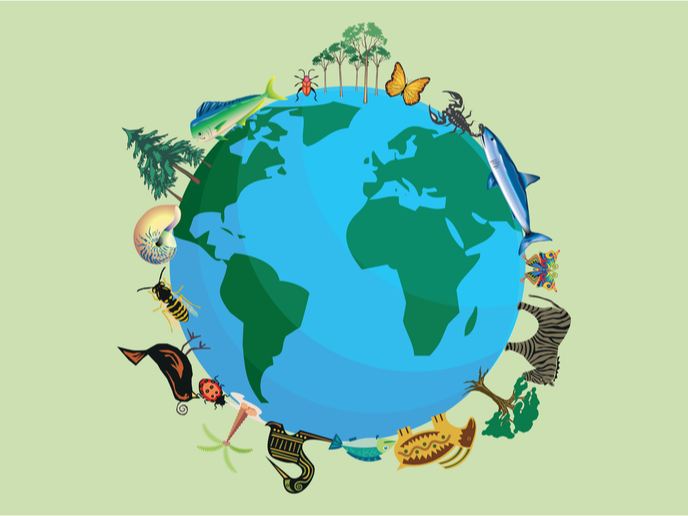The potential destabilising effect of biodiversity loss
The loss of biodiversity is one of the greatest environmental challenges of our time. But just as we are beginning to grasp the essential role that biodiversity plays in sustaining ecosystems and societies alike, we are also seeing the start of the next mass extinction. To better understand the potential destabilising effect this loss in biodiversity may have, the ERC-funded BIOSTASES project is developing a body of new theory. The project aims to provide new perspectives on the functioning, stability and sustainability of ecological and coupled social-ecological systems in the face of emerging environmental changes. “Our goal is to help bridge the gaps between theoretical and empirical ecology and between ecology and the social sciences,” says Michel Loreau, director of the CNRS Theoretical and Experimental Ecology Station. “In doing so, the project will lead to new approaches in biodiversity conservation, landscape management and sustainable development.”
Trending towards collapse
Backed by a multidisciplinary team of young postdoc scientists, the project accomplished a number of key outcomes. For example, using a mathematical framework focused on temporal variability as an empirically relevant measure of stability, researchers contributed to resolving the long-standing controversy over the relationship between the diversity and stability of ecological systems. “We showed that stability is inherently multidimensional and that more flexible and empirically tractable measures of stability, such as invariability, provide a better representation of a system’s stability,” explains Loreau. “This result is likely to have a long-lasting impact in ecology and other disciplines as it proposes a new conceptual and mathematical way of approaching stability.” The team also used dynamical metacommunity models to explore a wide range of questions related to ecosystem stability and diversity-stability relationships across scales. Based on a study of the stability of complex meta-ecosystems, researchers gained new perspectives on the stability of food webs and on the synergies and trade-offs between multiple ecosystem services across space. Last but not least, the project developed a new theory for studying the long-term dynamics and sustainability of coupled social-ecological systems. “In particular, we showed that the global social-ecological system is currently trending towards collapse – in terms of both natural systems and, ultimately, human society,” says Loreau. “Although reversing course is possible, doing so requires strong measures capable of reducing the human impact on natural systems and unequal access to resources amongst regions.”
The advantages of a multidisciplinary team
According to Loreau, whenever one builds new theory one can expect to face unexpected challenges. However, in the BIOSTASES project, this wasn’t a problem. “The hiring of a multidisciplinary team of postdoctoral students coming from mathematics, theoretical physics, biomathematics and economics has been a tremendous asset to developing innovative approaches that break disciplinary barriers,” he says. It is in this team of young scientists that the project’s true legacy can be found. “In addition to the amazing theoretical approaches and frameworks we created, we assembled a set of creative young researchers who will go on to develop and propagate these approaches and frameworks – ensuring that the project has a long-lasting impact on ecology,” adds Loreau.
Keywords
BIOSTASES, biodiversity, ecosystems, mass extinction, ecological, ecology, conservation, sustainable development



